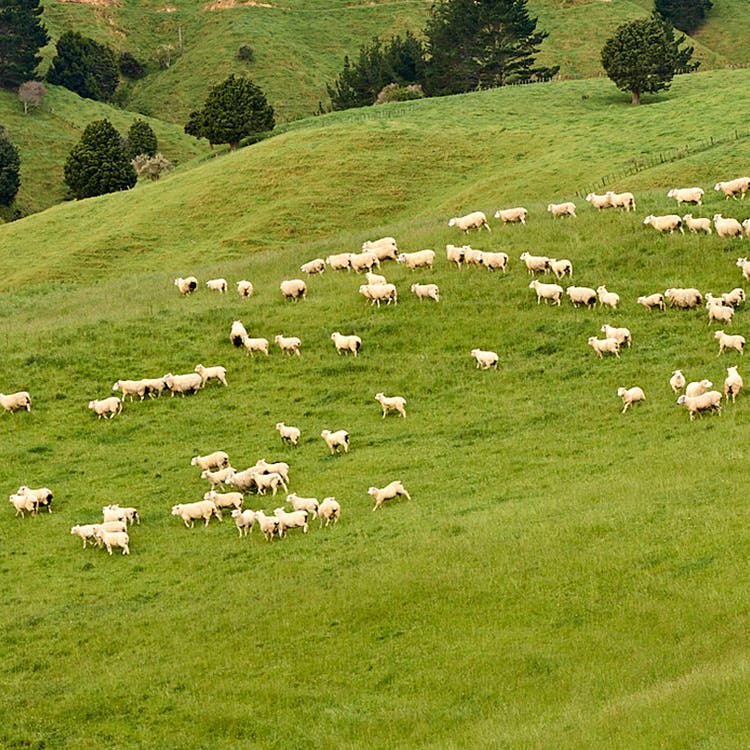Rob O’Sullivan
Rob O’Sullivan
Location: Glasgow Station, Gisborne
Occupation: Sheep and Beef station manager
Farm Type: Hill Country – Sheep & Beef
Triple drench resistance was not something Rob O’Sullivan expected to deal with so suddenly. One season, everything seemed fine. The next, lambs weren’t responding to drenching, weight gains stalled, and triple resistance was diagnosed through testing.
Like many in the region, he had heard about resistance but assumed it was mostly an issue for trading farms, until it came to a head, and hit what seemed like everyone in the region all at once. Weaning weights dropped, lamb growth slowed, and farmers saw increasing clinical failure of their drenches. Capsules, Rob’s farm’s historically favoured treatment, stopped working entirely, and faced with this challenge, the only option was to reassess the system and adapt.
The first step was cutting sheep numbers and increasing cattle to reduce parasite pressure. Testing became a core part of management, ensuring drenches were only used when necessary.
“Every drench, we test everything and monitor everything and going forward into lambing monitoring ewes and doing a lot of faecal egg counts. That’s the big one for us, keeping an eye on things because in the past where you’d just treat them every 28 days or whatever, sometimes they don’t need to be drenched every 28 days and you’re just adding fuel to the fire really by pouring it down their throat. But now we’re monitoring a lot more and just using that advice we get from the vets and all that comes back with it. When you do those tests, they always give you advice on whether to go or not or what to use. Then the other big one is Zolvix Plus.”
Prior to being diagnosed triple drench resistant, Zolvix Plus was used on the station primarily as an exit drench, while it is now being implemented more strategically, including at weaning for a complete clean-out before rotating back to triple drenches
Through careful monitoring, collaboration with vets, and a willingness to adjust stock ratios, the farm is managing the challenge, while a shift in mindset, and a willingness to listen and learn from others in the same boat have been critical to keeping productivity on track.
“There’s a way through it. You’ve just got to change as you change your system a bit and get advice. Talk to the vets, they know all about it, as much as can be known about it, and see what other farmers are doing, is probably the biggest one. Just talk to people and be prepared to change. You’ve got to do things differently, we can’t just carry on ignoring it and doing things the same because it won’t work at all, we’ll start going backwards and we don’t want that. We want to be able to farm for many generations to come."



